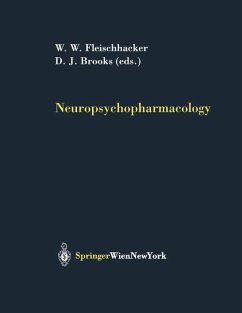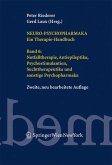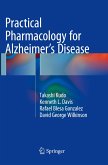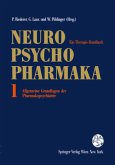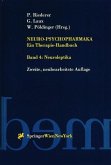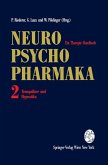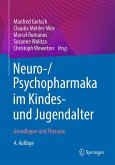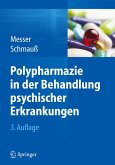- Pharmacological Approaches to Migrane (H. C. Diener)
- The Role of Peptides in Treatment of Psychiatric Disorders (F. Holsboer)
- Future Directions in Substance Dependence Research (D. Nutt, A. Lingford-Hughes, M. Daglish)
- Therapeutic Implications of Constitutive Activity of Receptors: The Example of the Histamine H3 Receptor (J-C. Schwartz, S. Morisset, A. Rouleau, X. Ligneau, F. Gbahou, J. Tardivel-Lacombe, H. Stark, W. Schunack, C. R. Ganellin and J. M. Arrang)
- Advances in the Pharmacological Management of Parkinson Disease (E. Tolosa)
- Depression and Antisocial Personality Disorder: Two Contrasting Disorders of 5HT Function (J. F. W. Deakin).
The 5th Neuropsychiatry Symposium of the European Institute of Health care was devoted to neuropsychopharmacology. As in previous meetings, we sought to choose topics that bridge the gap between basic neuroscience and the clinical fields of neurology and psychiatry. Consequently, the pro ceedings published in this supplement cover a lot of ground. Late breaking data on various neuromodulator and neurotransmitter systems and their implications for the treatment of a number of disorders are reviewed. Jean Charles Schwartz and colleagues set the stage with their paper on constitu tive receptor activity, using the histamine H3-receptor to illustrate the point. The role of neuropeptides and neurotrophins in psychiatric disorders is then reviewed by Florian Holsboer, while Bill Deakin elucidates the role of sero tonin, discovered 50 years ago in the brain, in select psychiatric syndromes. New pharmacological developments in the treatment of migraine, Parkin son's disease and schizophrenia are then presented by Hans Christoph Diener, Eduardo Tolosa and Wolfgang Fleischhacker. In the end David Nutt and colleagues provide future directions in substance dependence research, linking the role of various transmitter systems with findings from neu roimaging studies. In summary, there is no doubt that progress in the field of neuropsychopharmacology is exciting and the prospects of true advances in the treatment of brain disorders are very promising.
Hinweis: Dieser Artikel kann nur an eine deutsche Lieferadresse ausgeliefert werden.
- The Role of Peptides in Treatment of Psychiatric Disorders (F. Holsboer)
- Future Directions in Substance Dependence Research (D. Nutt, A. Lingford-Hughes, M. Daglish)
- Therapeutic Implications of Constitutive Activity of Receptors: The Example of the Histamine H3 Receptor (J-C. Schwartz, S. Morisset, A. Rouleau, X. Ligneau, F. Gbahou, J. Tardivel-Lacombe, H. Stark, W. Schunack, C. R. Ganellin and J. M. Arrang)
- Advances in the Pharmacological Management of Parkinson Disease (E. Tolosa)
- Depression and Antisocial Personality Disorder: Two Contrasting Disorders of 5HT Function (J. F. W. Deakin).
The 5th Neuropsychiatry Symposium of the European Institute of Health care was devoted to neuropsychopharmacology. As in previous meetings, we sought to choose topics that bridge the gap between basic neuroscience and the clinical fields of neurology and psychiatry. Consequently, the pro ceedings published in this supplement cover a lot of ground. Late breaking data on various neuromodulator and neurotransmitter systems and their implications for the treatment of a number of disorders are reviewed. Jean Charles Schwartz and colleagues set the stage with their paper on constitu tive receptor activity, using the histamine H3-receptor to illustrate the point. The role of neuropeptides and neurotrophins in psychiatric disorders is then reviewed by Florian Holsboer, while Bill Deakin elucidates the role of sero tonin, discovered 50 years ago in the brain, in select psychiatric syndromes. New pharmacological developments in the treatment of migraine, Parkin son's disease and schizophrenia are then presented by Hans Christoph Diener, Eduardo Tolosa and Wolfgang Fleischhacker. In the end David Nutt and colleagues provide future directions in substance dependence research, linking the role of various transmitter systems with findings from neu roimaging studies. In summary, there is no doubt that progress in the field of neuropsychopharmacology is exciting and the prospects of true advances in the treatment of brain disorders are very promising.
Hinweis: Dieser Artikel kann nur an eine deutsche Lieferadresse ausgeliefert werden.

